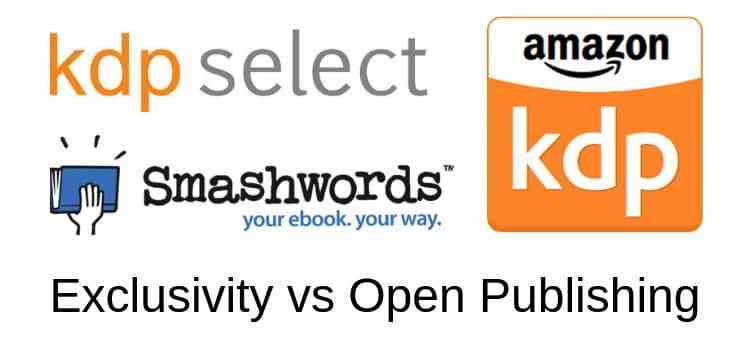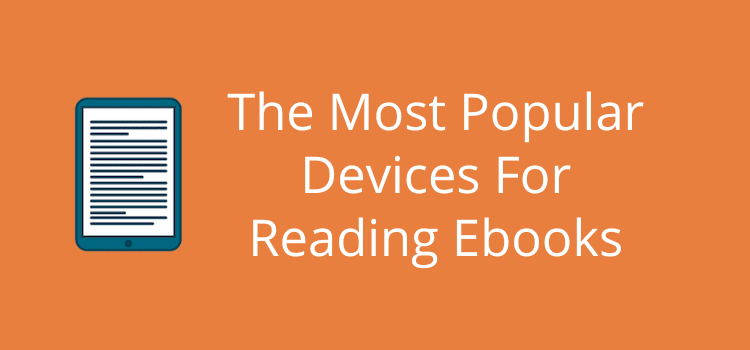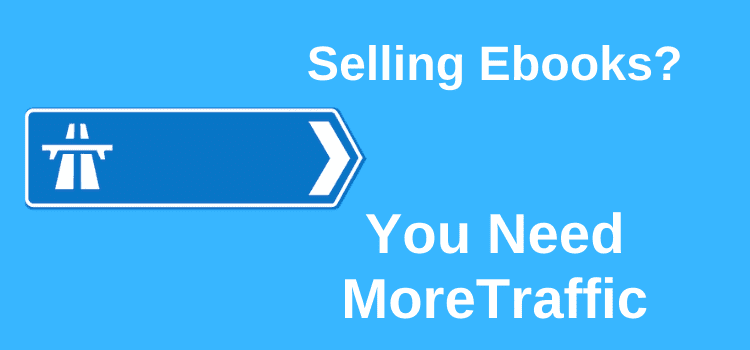
There is a lot of discussion about Smashwords vs. Amazon KDP Select exclusivity, especially among indie authors.
A blog post by Mark Coker from Smashwords sparked a debate about the pros and cons of open publishing versus Amazon KDP Select exclusivity.
It is well worth reading and especially the comments on his post.
Amazon exclusivity is one topic in self-publishing that can generate quite heated comments.
What is Amazon exclusivity?
It is probably worth outlining what this debate is about and not about for those who may be unfamiliar.
Firstly, Amazon KDP Select does not affect printed book formats or audiobooks. Secondly, Amazon Kindle Direct Publishing (KDP) has no restrictions whatsoever.
You can publish ebooks using standard KDP and sell them on Amazon. You can also publish on other platforms and sell your ebooks with other retailers without restriction.
However, for ebooks only, Amazon offers KDP Select.
Enrolling in KDP Select is only for authors and publishers willing to grant Amazon total exclusivity for a title for a 90-day enrollment period.
KDP Select offers promotional tools such as Free Ebook Days and Kindle Countdown Deals.
You will also earn 70% royalties from extra countries. Amazon includes your ebook Kindle Unlimited (KU), which is an ebook subscription service. For KU, Amazon pays you per page read.
Enrolling in KDP Select means that if your ebook title is available elsewhere, you must remove it from sale.
This is where things can get very tricky if you aggregate your ebook to other book retailers with Smashwords.
As Mark Coker pointed out in his blog post, the failure of one of Smashwords’ retailers to promptly remove ebook titles, which is a necessity due to authors entering (and exiting) KDP Select, meant that he had to sever his contract with his retailer.
KDP Select exclusivity puts pressure on aggregators
Smashwords acted in this manner not only due to contractual obligations but also because of the angst it caused authors.
Amazon enforces its KDP Select exclusivity with an iron fist.
I have received a few of its emails over the years. I know how threatening Amazon can be when it tracks down a title enrolled in KDP Select, which is still for sale with another retailer.
No matter how careful you are, though, once you aggregate your ebook, it can be a very difficult task to ‘pull’ a title quickly.
I have had titles in and out of KDP Select over the years, and I have to say that Smashwords always acted promptly.
If a title wasn’t removed within ten days or so, one email to its Support desk resolved the problem.
I must add a small proviso here, however. I did a check before writing this post and found a couple of my titles. Smashwords removed them from their leading retailers but not from a couple of downstream retailers.
If my understanding is correct, Kobo on-sells Smashwords ebooks. This probably explains why I could find titles on fnac.fr and easons.com and perhaps more if I had searched more deeply.
The Internet is a difficult place to manage. Once something lists, it can be challenging to have it taken down.
Smashwords vs. Amazon
The debate about ebook exclusivity is a difficult one.
I have used both KDP Select and open aggregated publishing on Smashwords for a long time now, and usually in combination. I know that there are pros and cons to both.
Without going into a long list, here are a few things to consider.
Open publishing via an aggregator such as Smashwords or Draft2Digital gives an ebook exposure to a broader buying audience.
It will be available for sale on most popular platforms, such as Apple, Barnes & Noble, and Kobo, and available in almost every country in the world.
Royalty payments are via Paypal, but royalties can take some time to be credited following sales.
Using KDP Select and going exclusive with Amazon can give a title a sales boost due to the promotional tools, such as offering your book for free.
But the availability is restricted to only those countries that have access to a Kindle Store, and then, even fewer limited markets that have access to Kindle Unlimited (KU).
For authors publishing in English, this pretty much boils down to the US and UK markets.
The payment of royalties from Amazon is monthly and made by EFT. But be warned; this payment system is not available in all countries.
If you live outside the US, UK, or a handful of European countries, you could be paid by check, with awfully high minimum earnings before you finally get paid.
I know that there are many opinions regarding KDP Select exclusivity versus open publishing in the ebook market.
From my understanding, it can often be as simple as where an author lives as to how they feel about both choices.
Conclusion
All I can say in conclusion is that I have used both and will continue to do so.
But I must also add that every publishing service provider is a business.
So each one is entitled to make (and change) and enforce their rules and terms and conditions of use, which they do, and often with extreme vigor.
Be sure about your publishing options and do your research first before enrolling your book in KDP Select.
Nothing is perfect, so it will always be a matter of weighing up the pros and cons and choosing what is best for your situation and publishing goals.
Updates to this article
Update: Draft2 Digital also offers an alternative self-publishing platform to Smashwords. You can read more about Draft2Digital in this review.
Update Note. It came as a surprise to many authors, but Draft2digital has acquired Smashwords. You can read more details in the announcement notice.
Related Reading: Common Self-Publishing Mistakes And How To Avoid Them




So after 90 days you can publish a book that was published on amazon on Smashwords? I am publishing on both, Smashwords for other things… . I think it is silly as the author, you don’t have the rights to publish elsewhere. Amazon doesn’t publish on some of the things Smashwords publishes on.
Yes. Once you remove your books from KDP Select, you can sell your ebooks anywhere you like.
Hi! Thank you so much for this comparison. I have been doing some research and I have a question/clarification: if you are currently under a KDP Select restriction that means you are not allowed to distribute your ebook anywhere else but you can distribute a hardcopy/paperback using Smashwords until that KDP restriction is lifted and then you can upload your ebook to Smashwords, is that correct? Thank you in advance for your help!!
That’s correct. There is no restriction on print books. But for ebooks, you can’t publish anywhere else until you are out of KDP Select.
I am interested in publishing my fourth book with Smashwords. Let me know if/when you wish to have me join the Smashwords writers. Mine is ready to publish.
This is good information, and although I would’d expect a tutor blurb on ‘how to’ get from KDP to Smashwords, I want to know how.
Great article! Thanks for explaining your view on this debate.